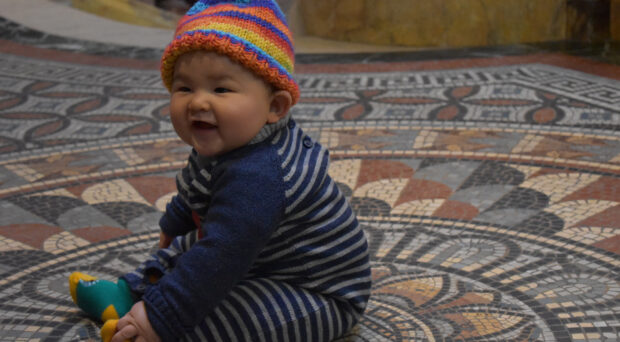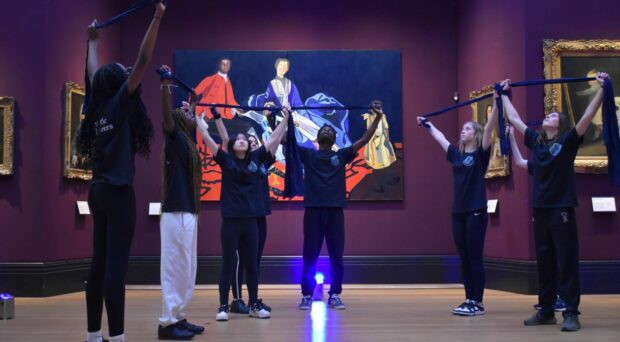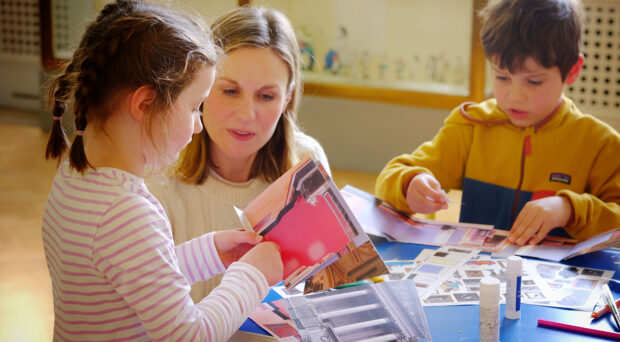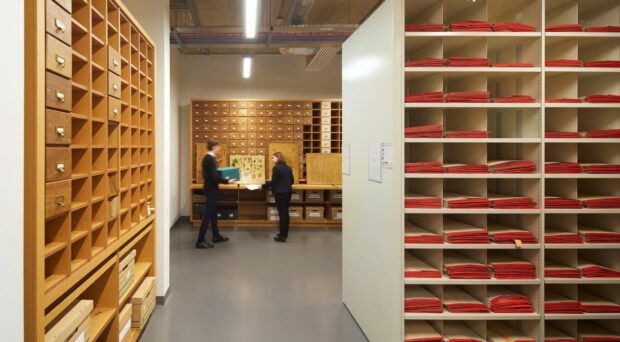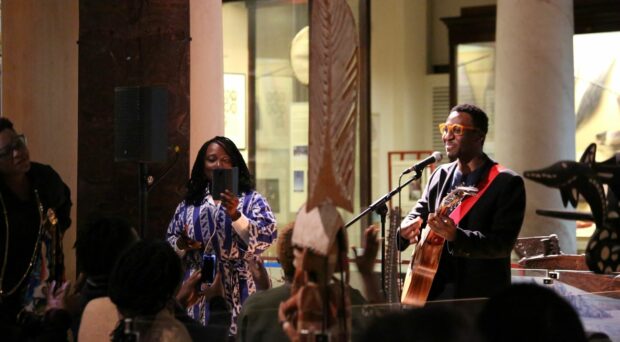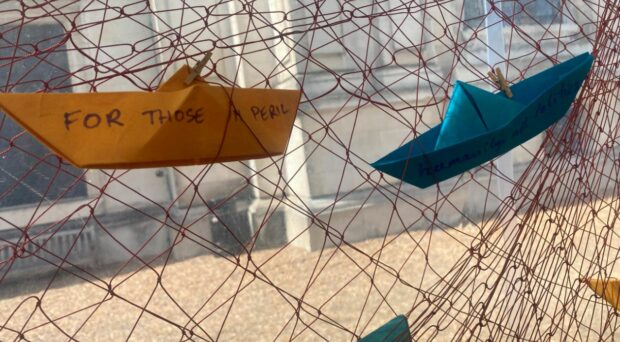The University of Cambridge Museums (UCM) pilot Community Panel aims to test a process to enable dialogue between the UCM and individuals from the community, bringing local voices and perspectives to the work we do as a consortium, and challenging our group ways of thinking and working.
The concept of a UCM Community Panel was first developed way back in late 2019, a time that seems so different from where we are today. We were all still working in offices and the concept of a Zoom meeting was something dismissed as just a bit of a gimmick being pushed on us by our more tech-savvy partners and friends: why have a video call when I can just pop and see you? Who could have known?
It was clear that the UCM were doing “a lot of really great stuff”, which is apparent from all the blogs (Go on. Settle down with a cuppa, have a read and see what we have been up to). From Portals to the World to, more recently, RePresent, the eight museums and the Botanic Garden have engaged with community groups and experts in their fields in order to ensure that projects are created for the people of our communities. But what about aspects of our work that aren’t necessarily project-based? What about our everyday activities, from Communications to Volunteering? Have we ever asked our local community to engage with us to see if we are getting this right? The answer was… sort of…. As well as community projects, we conduct annual audience research across the consortium, and, while we’ve run targeted focus groups with audiences and communities, we didn’t have a structured way to do this over a sustained period of time. We felt that this was a bit of a call to action.
We are aware that museums can be daunting places for some. Add to this the concept of the University of Cambridge, the threshold anxieties (perceived psychological barriers that may stop people from visiting our museums) may be overwhelming. Others may just not feel the museums provide anything for them. This is something that we must change.
The Community Panel pilot
In early 2020 we embarked on an exercise to map of all of the community relationships the UCM hold or have held in the last few years. This enabled us to better understand the UCM’s community-focused activity as a whole. It also enabled us to identify organisations and individuals that we have worked with in the past and invite them to join us on this pilot phase of the UCM Community Panel. We have asked people from various community and local interest groups, individuals who have volunteered with us in the past and representatives from Cambridge City Council to help us through the pilot process, and, so far, we have had two meetings.
We have asked participants to attend meetings approximately every 6 weeks for a 13 month period so that we can build a sustained relationship with them, and commit to dialogue. Now for the part that has prompted a lot of “talk” in our museum community. We are paying people for their time. This is something we felt strongly about; we are both big advocates of supporting volunteers and voluntary projects in the UCM but this felt different. During this pilot we want to build strong relationships, and we are looking for a commitment from individuals. We may also be asking them to advise us on our effectiveness in communicating with different communities and it felt only right that we should be offering remuneration for this expert advice. This process is part of the pilot too. The University’s financial system was designed first and foremost with academic research and teaching in mind, so we have had to work with finance colleagues to come up with new processes to pay individuals on a sustained basis through the system. The pilot is a test of these processes too.
Each meeting will, for the time being, take place online and run for about two hours. We will be inviting guest speakers from the museums to attend in order to talk to us about subjects such as new exhibitions to family trails, in addition to asking for the Panel’s thoughts on the centralised activity, such as volunteering and communications, that we deliver as a consortium. In addition, we have not given up yet on the idea of actually meeting in person and are hoping to arrange some behind-the-scenes visits as soon as we can.
We’re so grateful to all our panellists for joining us on this pilot stage. They will be instrumental in setting up the guidelines and boundaries for the entire year. We will ask them to help us create terms of reference for the group, and to think about what participation in the programme means for them as we go along. It is hoped that we can build on this to develop a longer term Community Panel with the original members acting as mentors and ambassadors… Watch this space!
You can find out more about the University of Cambridge Museums’ (UCM) aims to engage with communities and audiences here.


